Description
Masoor Whole Dal: A Comprehensive Overview
Masoor Whole Dal, commonly referred to as Kali Masoor Dal, is a fundamental ingredient in many cuisines, especially within Indian households. This lentil is known for its nutritional benefits and versatility in cooking, making it a valuable addition to a balanced diet. Below is a detailed look at the benefits, uses, and storage information for Masoor Whole Dal.
Nutritional Benefits of Masoor Whole
- High Protein Content: Masoor Whole Dal is an excellent source of plant-based protein, providing about 19 grams of protein per 100 grams. This makes it a valuable component for those following vegetarian or vegan diets, aiding in muscle repair and growth.
- Rich in Dietary Fiber: The dietary fiber in Kali Masoor Dal supports digestive health by promoting regular bowel movements and preventing constipation. This can also contribute to maintaining a healthy weight by keeping you fuller for longer.
- Low Glycemic Index: Masoor Whole Dal is known for its low glycemic index, which is beneficial for managing blood sugar levels. This makes it particularly suitable for individuals with diabetes.
- Packed with Essential Minerals: This dal is a good source of iron, magnesium, and potassium. Iron is vital for maintaining healthy hemoglobin levels, while magnesium and potassium contribute to cardiovascular health and muscle function.
- Antioxidant Properties: The lentil contains antioxidants, particularly polyphenols, which help reduce oxidative stress in the body. This can lower the risk of chronic diseases such as heart disease and certain types of cancer.
Culinary Applications
1. Traditional Dishes: Kali Masoor Dal is often used in a variety of traditional Indian dishes. It can be cooked simply with basic spices or included in more complex recipes like dal makhani. It is typically served with rice or Indian bread like roti.
2. Soups and Stews: Due to its quick cooking time and ability to absorb flavors, Masoor Whole Dal is ideal for use in soups and stews, adding a hearty texture and depth of flavor.
3. Salads: Adding cooked Masoor Whole Dal to salads can increase the protein content and add a satisfying texture. It pairs well with fresh vegetables and a light vinaigrette.
4. Lentil Patties: Mashed Kali Masoor Dal can be used to make lentil patties, which can be seasoned with spices and herbs, then pan-fried. These patties can be served as a vegetarian burger option or a standalone snack.
Cooking Instructions
To prepare Masoor Whole Dal, rinse the lentils thoroughly under cold water. Soaking them for about 30 minutes can reduce cooking time, but it is not necessary. Cook the dal in a pot with water, bringing it to a boil before simmering until tender. It can also be pressure-cooked for quicker preparation. Season with salt and spices as desired.
Storage Guidelines
Store Masoor Whole Dal in an airtight container in a cool, dry place. When stored properly, it can maintain its quality for up to a year. Once cooked, the dal should be refrigerated and consumed within 3-4 days.
Advantages of Choosing Organic Masoor Whole Dal
Selecting Organic Masoor Whole Dal ensures that you are consuming a product free from synthetic pesticides and chemicals. Organic farming practices support sustainable agriculture and contribute to environmental conservation.
Environmental Impact
The cultivation of Masoor Whole Dal has a relatively low environmental footprint compared to other protein sources. Lentils require less water and fertilizer, making them a sustainable option for environmentally conscious consumers. Additionally, lentils contribute to soil fertility by fixing nitrogen, which benefits subsequent crops.
Conclusion
Masoor Whole Dal is a nutritious and versatile ingredient that offers numerous health benefits. Whether used in traditional dishes, salads, or soups, it is a valuable addition to any diet. Opting for Organic Masoor Whole Dal further enhances the health benefits while supporting sustainable farming practices.



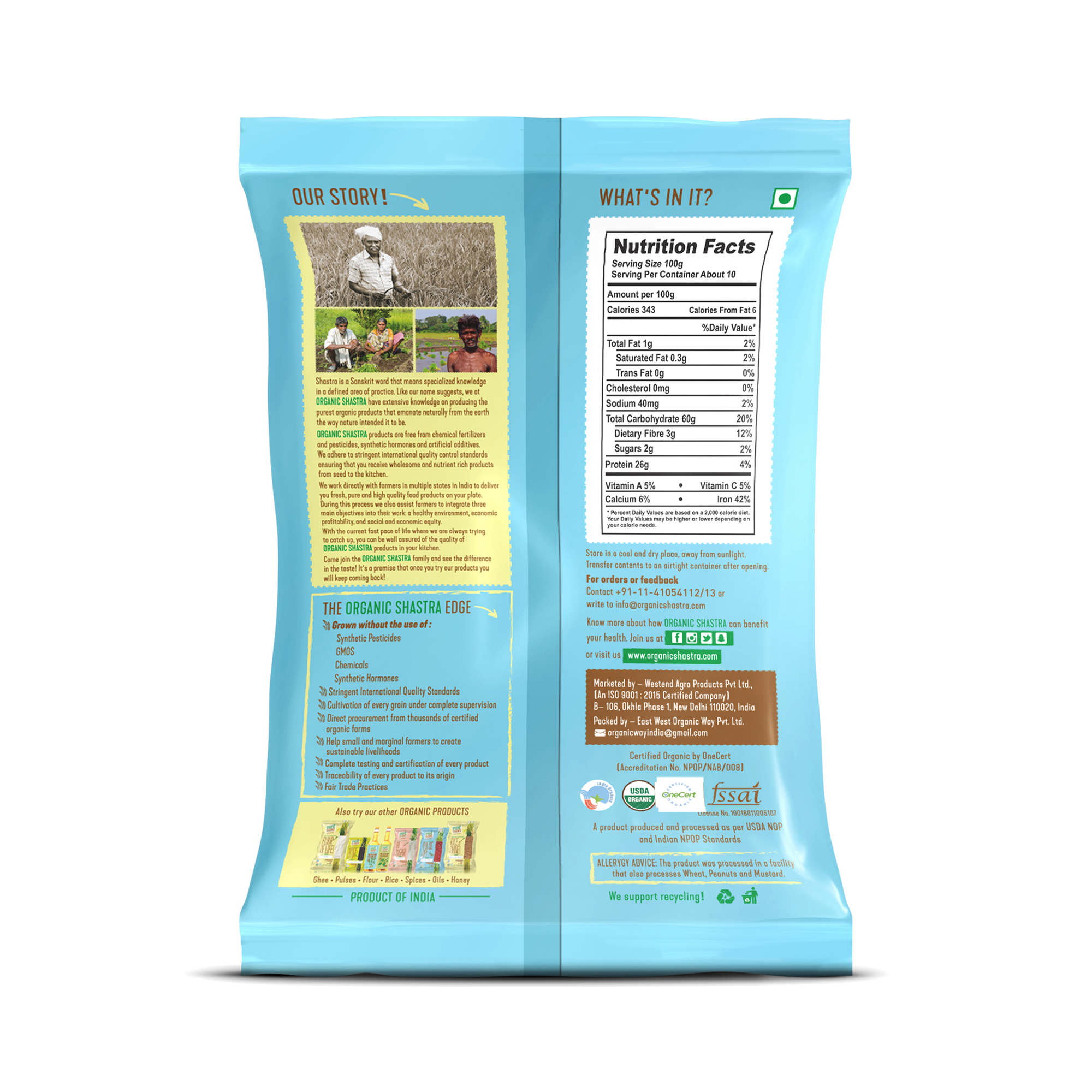








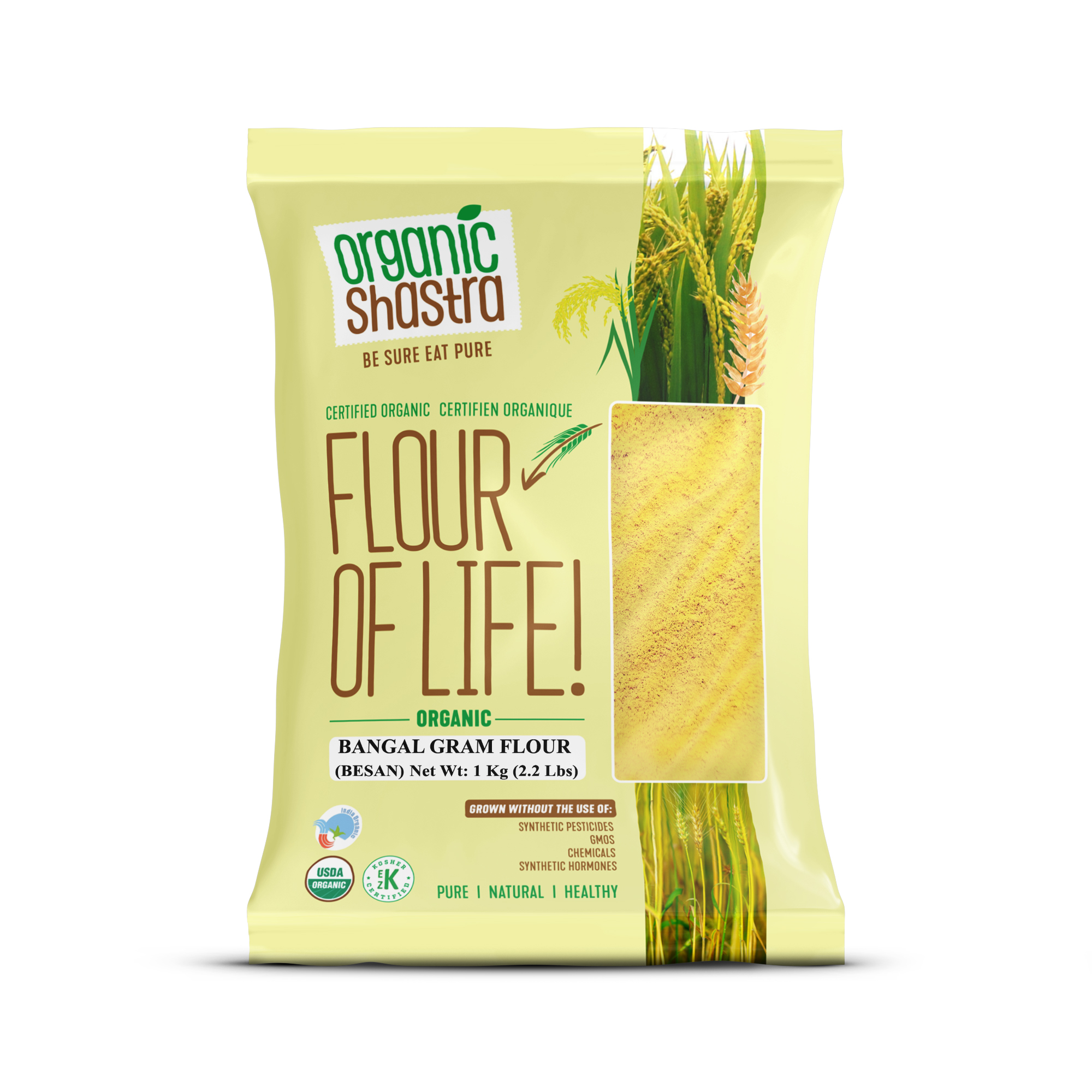

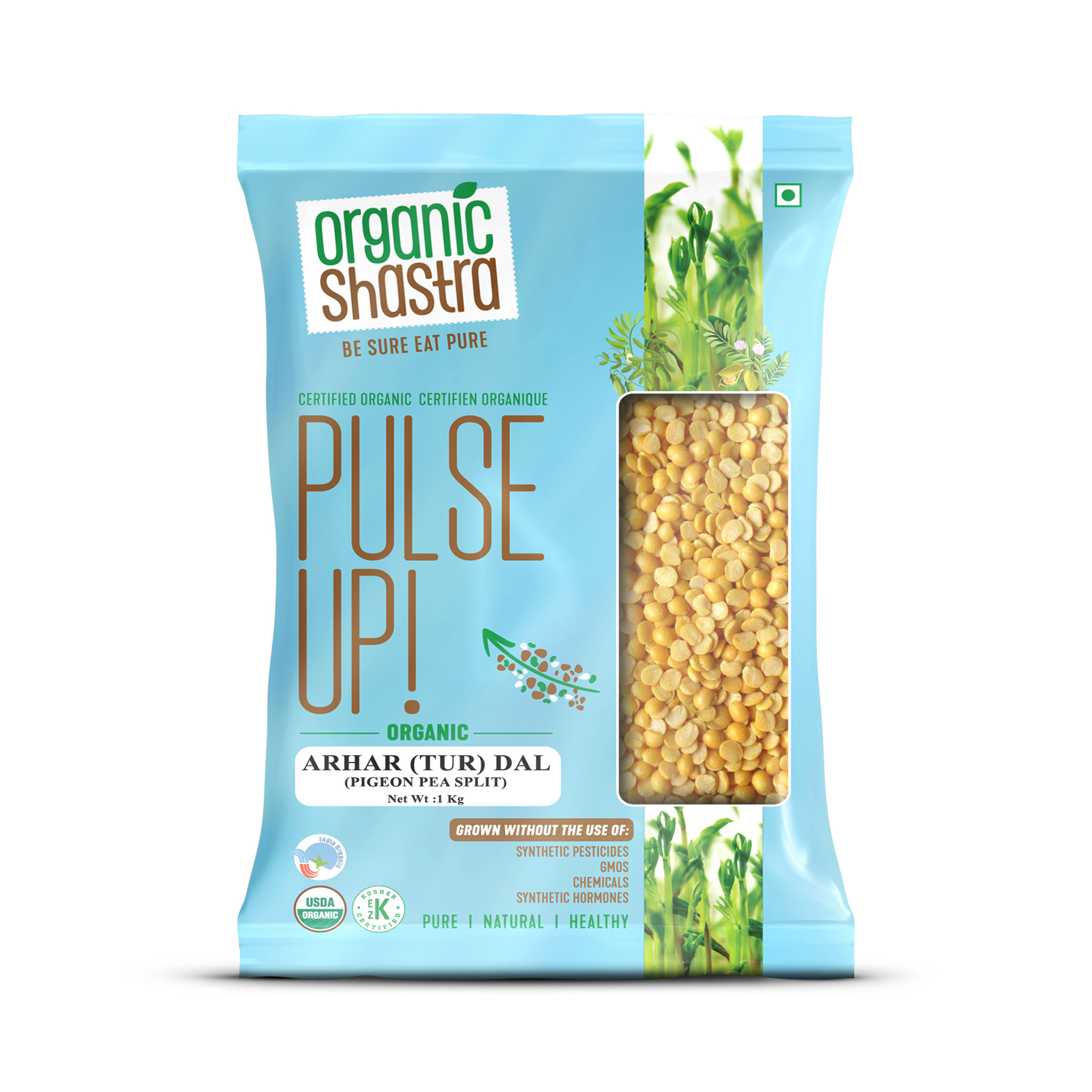

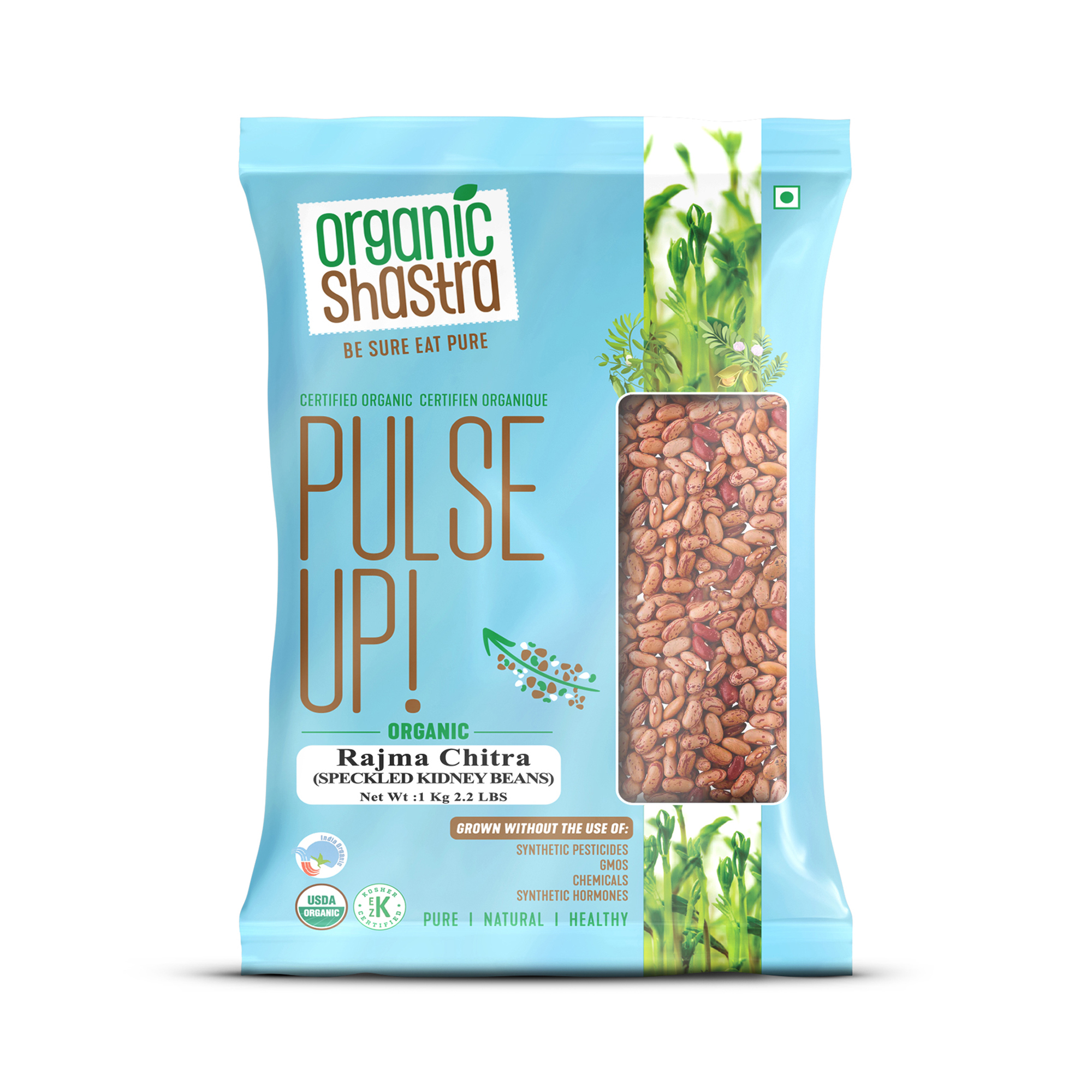

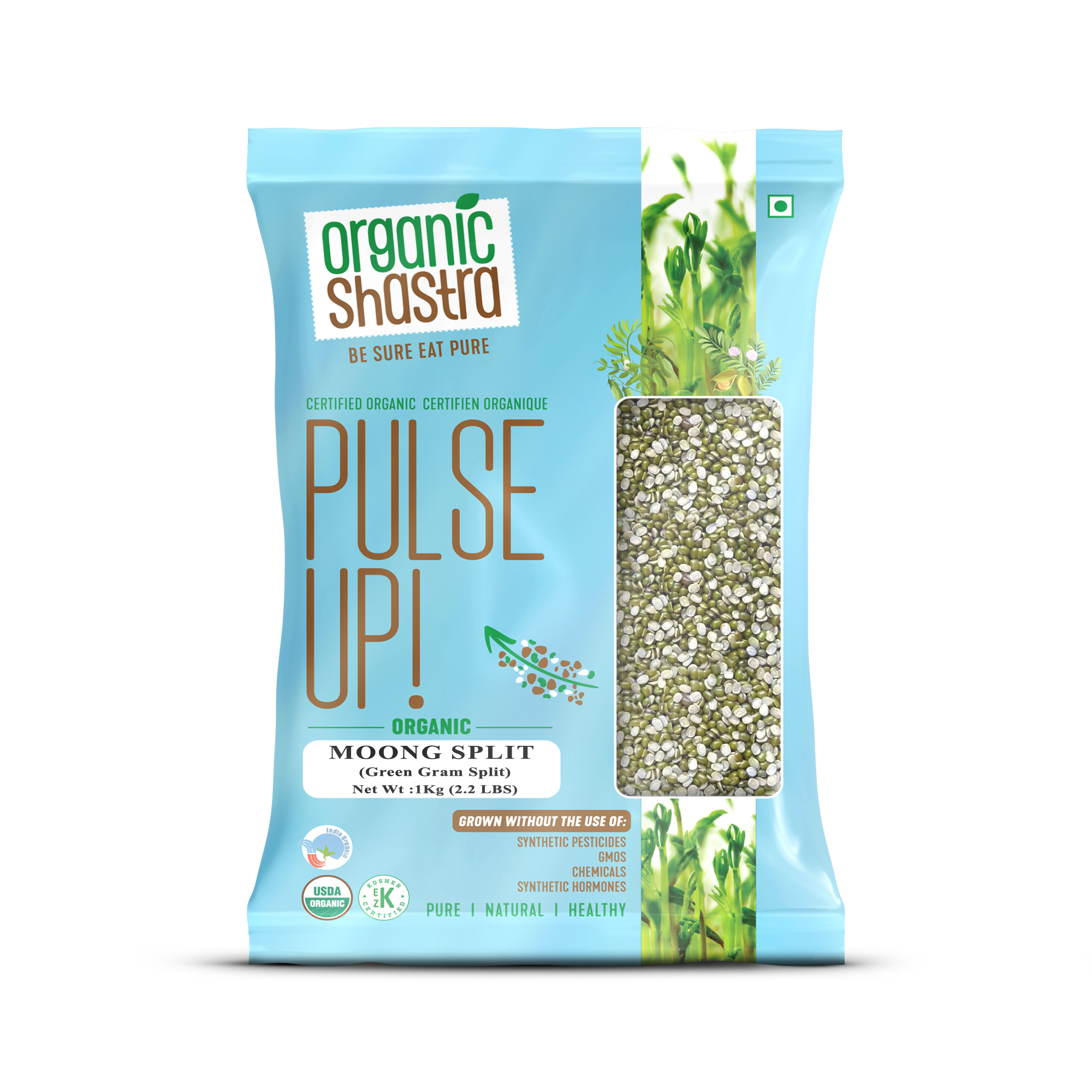

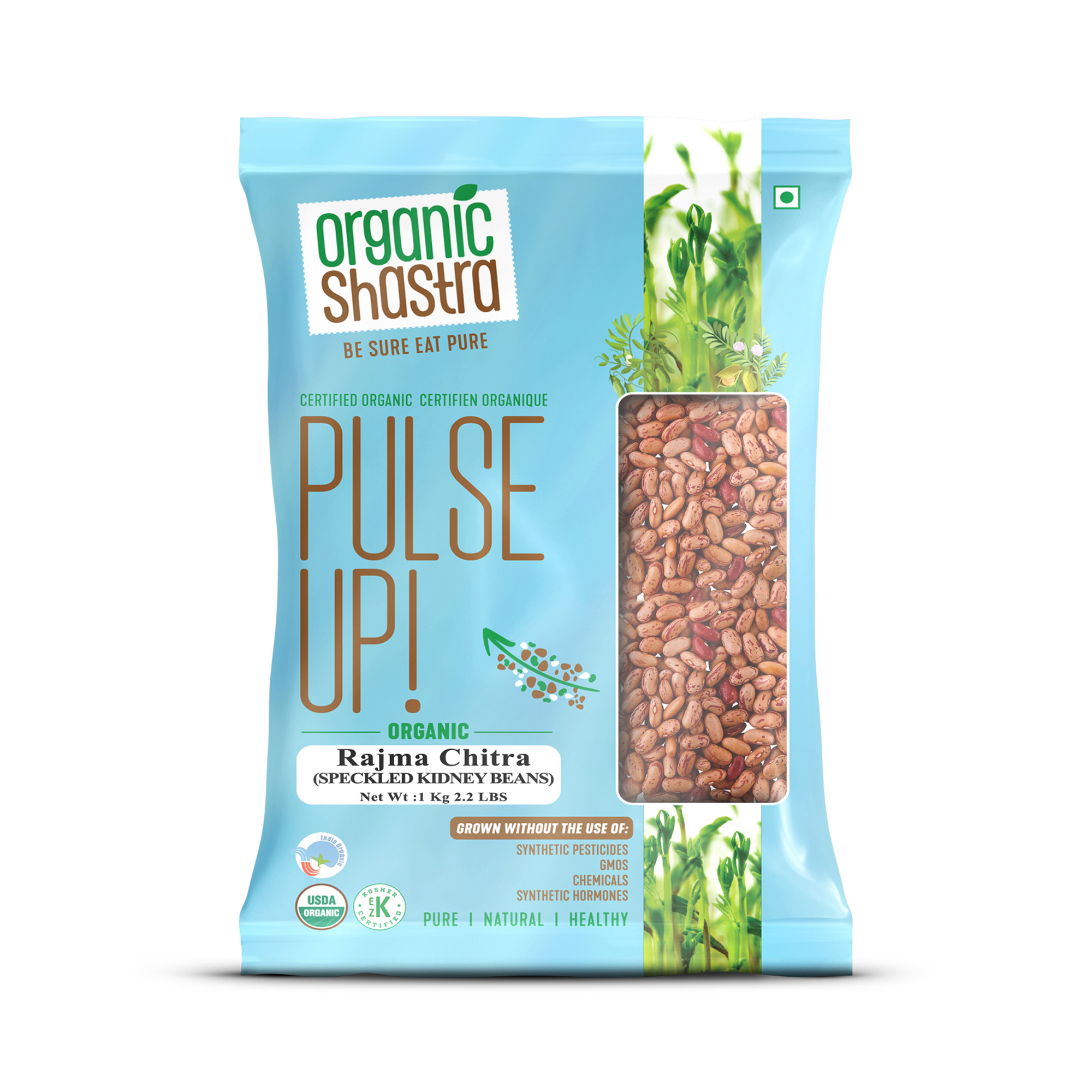
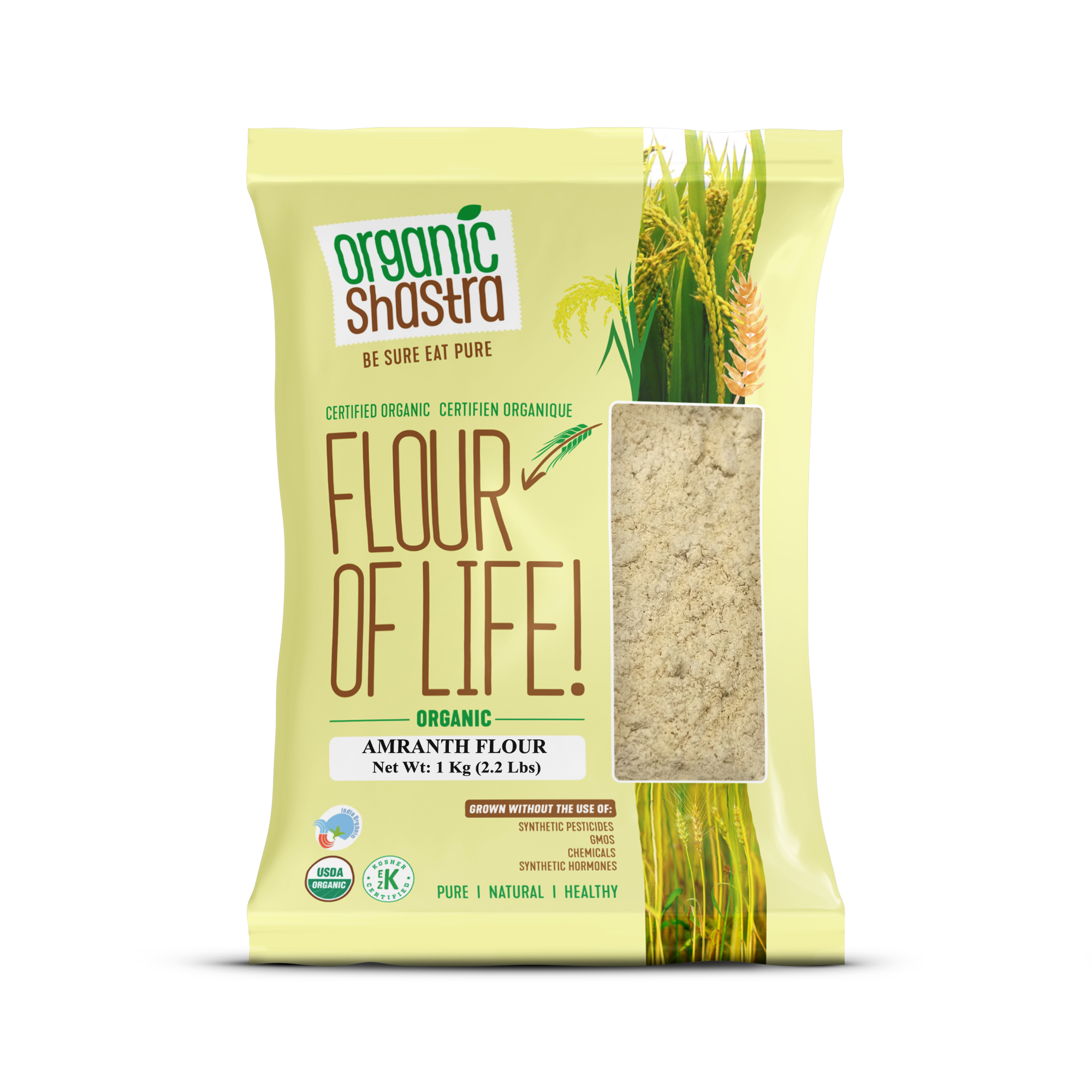

Reviews
There are no reviews yet.